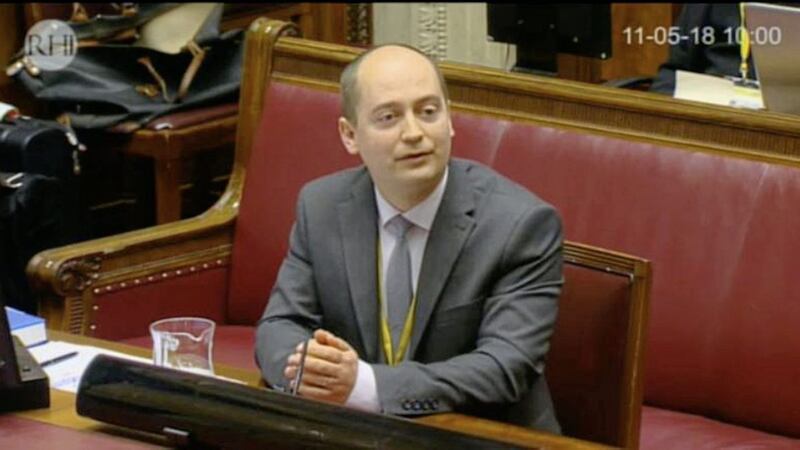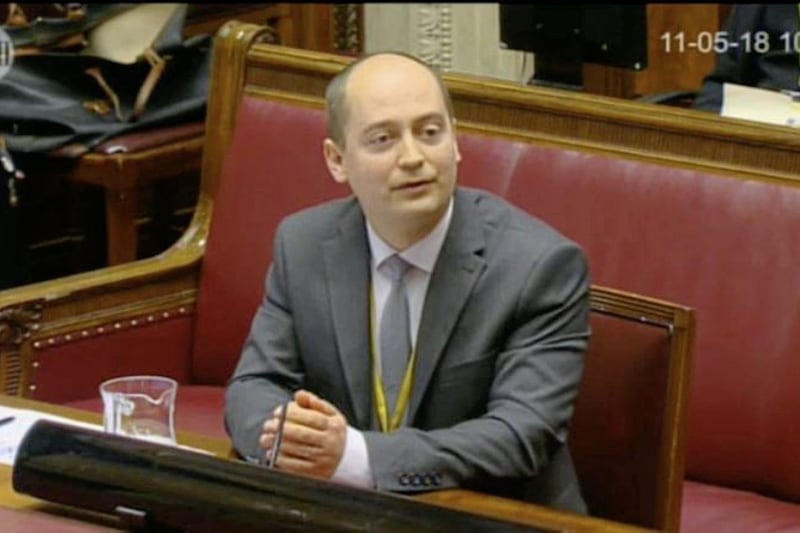DOCUMENTS have emerged showing energy regulator Ofgem flagged up to Deti in 2011 the potential problem of multiple boilers being installed by Renewable Heat Initiative (RHI) claimants to collect maximum payment.
Ofgem's legal review of the RHI's regulations in November 2011 addressed the issue of multiple boilers pointing out "some participants may install... multiple smaller and potentially less efficient units in order to meet... higher tariff thresholds".
It suggested such claimants could be considered to be part of the same heating system in order to "tighten" the definition and guard against disproportionate costs.
However, the inquiry into the fiasco, which saw the scheme spiral into a catastrophic overspend, heard the England-based administrators of the scheme stood by as "a passive participant in allowing an abuse of taxpayers' money".
The panel was told that around 75 per cent of applications involved multiple boilers.
Ofgem technical expert Edmund Ward was giving evidence at the hearing yesterday.
He agreed with chair Sir Patrick Coghlin that the body knew there was a "real risk of people exploiting the system" but, when Deti did not change course, "simply continued knowing that the system was being exploited on the basis it wasn't your responsibility any more".
Sir Patrick said Ofgem should have "put across in a more robust way (that there was) a potentially exploitative option to milk the system".
Panel member Dame Una O'Brien asked how it could "stand by", knowing the scheme was open to abuse.
"That cannot be allowed continue into the future," she told Dr Ward, saying it should have ensured senior Deti officials closed the loophole.
Despite identifying in December 2013 the potential for fraud in the scheme via multiple separate boilers for "gaming purposes", the document was only passed to Westminster's Department for Energy and Climate Change.
It was not shared with Deti until spring 2015.
The Inquiry also heard that Deti did not receive inspection reports from the scheme's auditors - although guidance was issued to private companies.
Dr Ward said Ofgem had assumed civil servants at the department already understood the scheme.
It emerged that Ofgem told a potential claimant - who inquired whether someone installing multiple small boilers to collect more money than if they had used two large units would be "asked why he installed five small boilers" - it was a "tricky area", but "we consider them separate plants" and it didn't matter if they heated the same space.
The Inquiry heard when Deti began trying to solve the problem some of their proposals "would actually be making the problem worse, introducing other issues".
Dr Ward said it could have been fixed "relatively easily" if there had been more time.
The Ofgem expert was also quizzed on why the boilers - expected to be used only 17 per cent of hours in a year - were not investigated by the regulator until they hit a threshold of 85 per cent.
Claimants running of heating systems round the clock throughout the year was a key factor in the massive overspend in RHI budget.
Dr Ward admitted it was not the practice to notify Deti where boilers were being run for 60 per cent of hours in a year, and acknowledged 85 per cent trigger "could've been set a lot lower while still at a level where it wasn't creating lots of unnecessary work for the people who were doing the administration".




